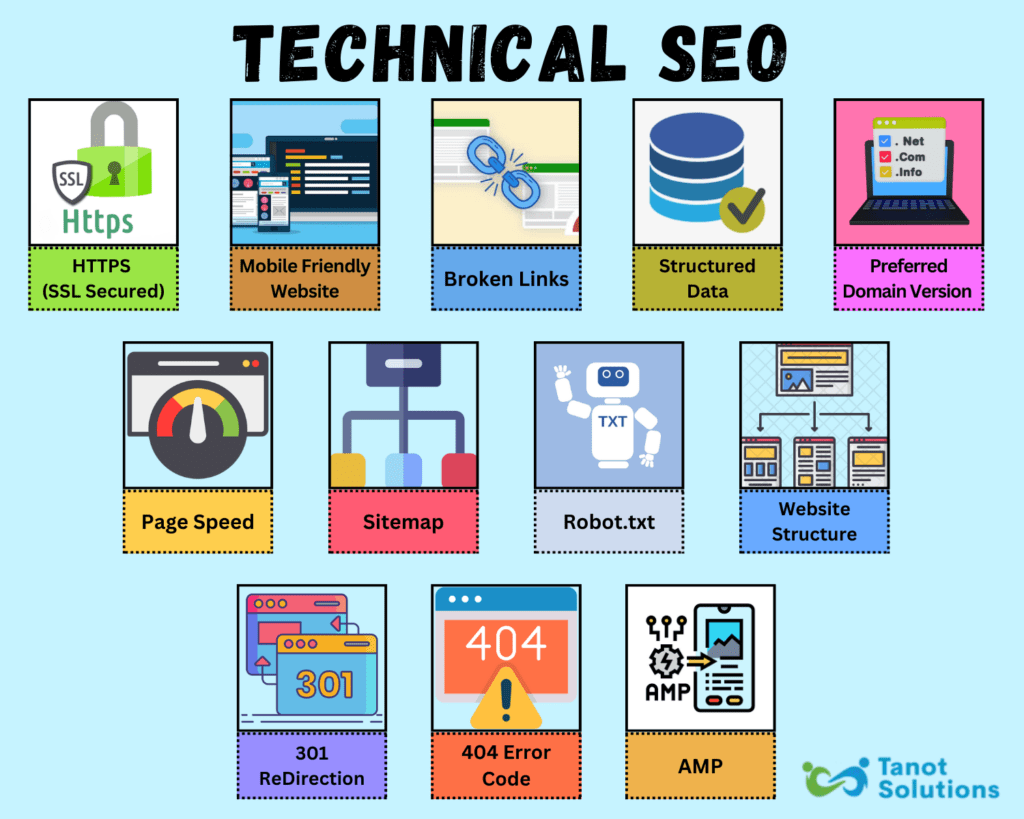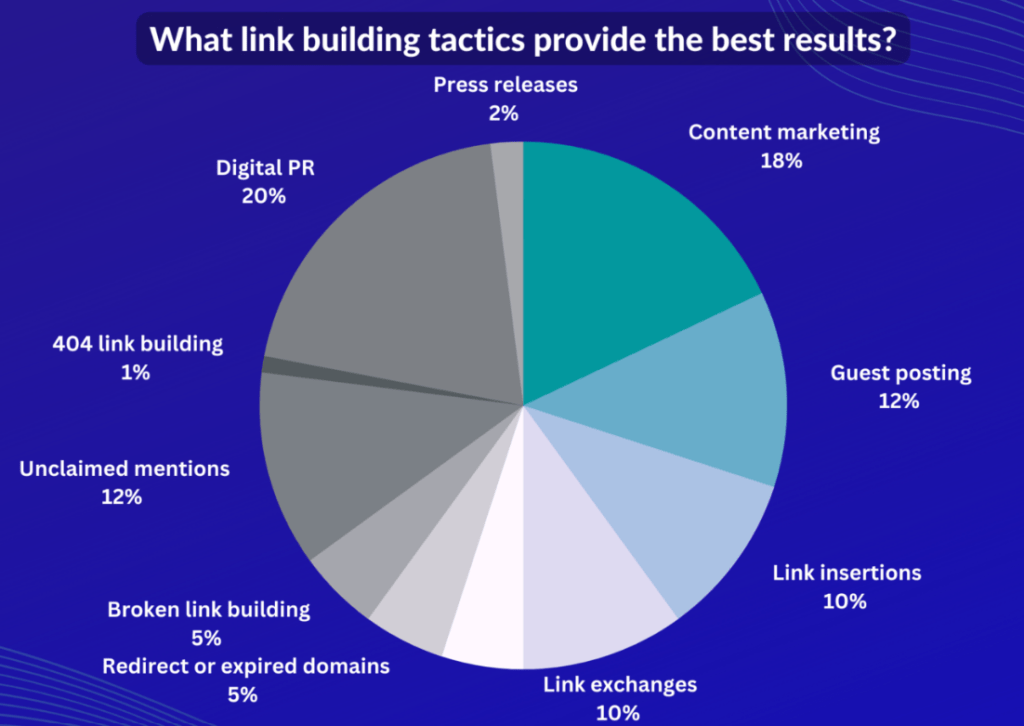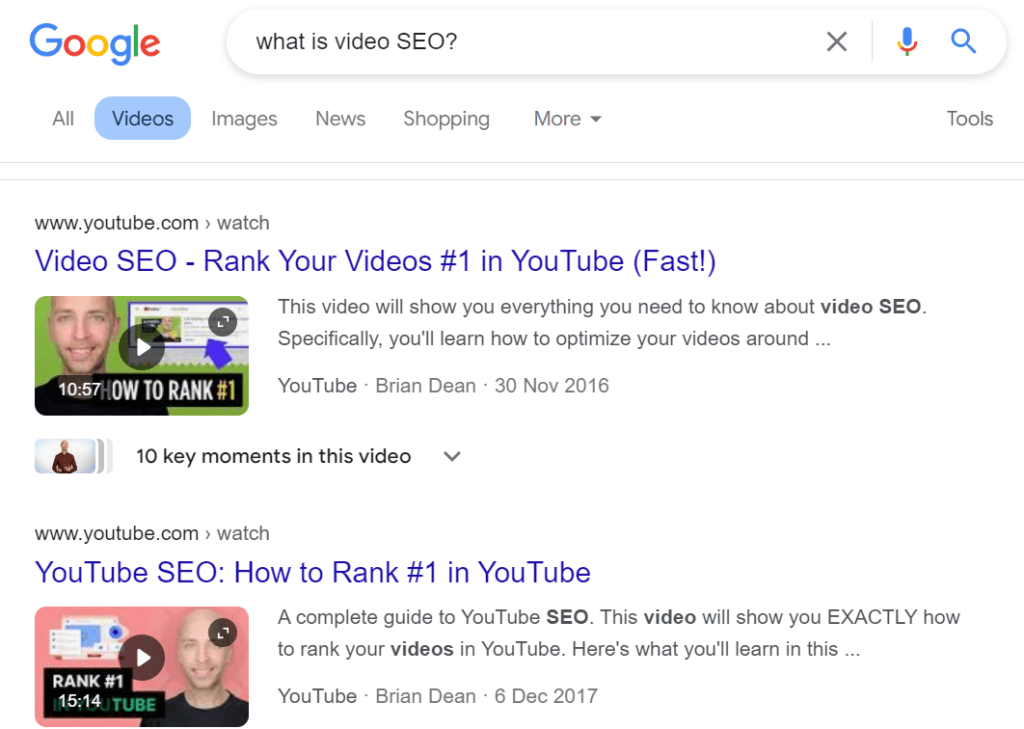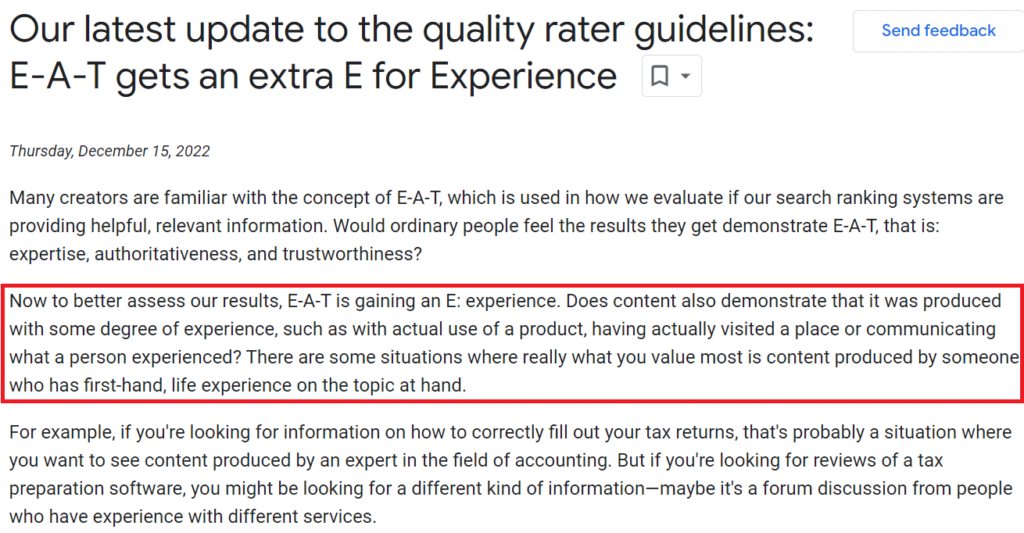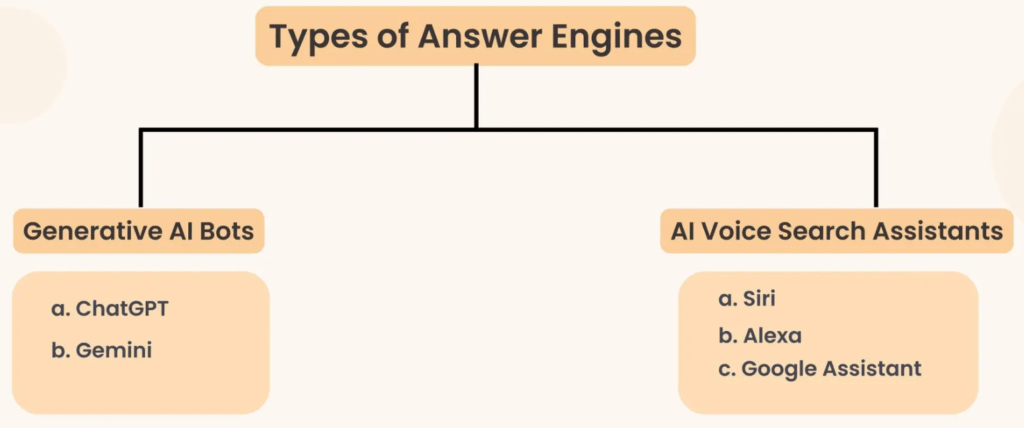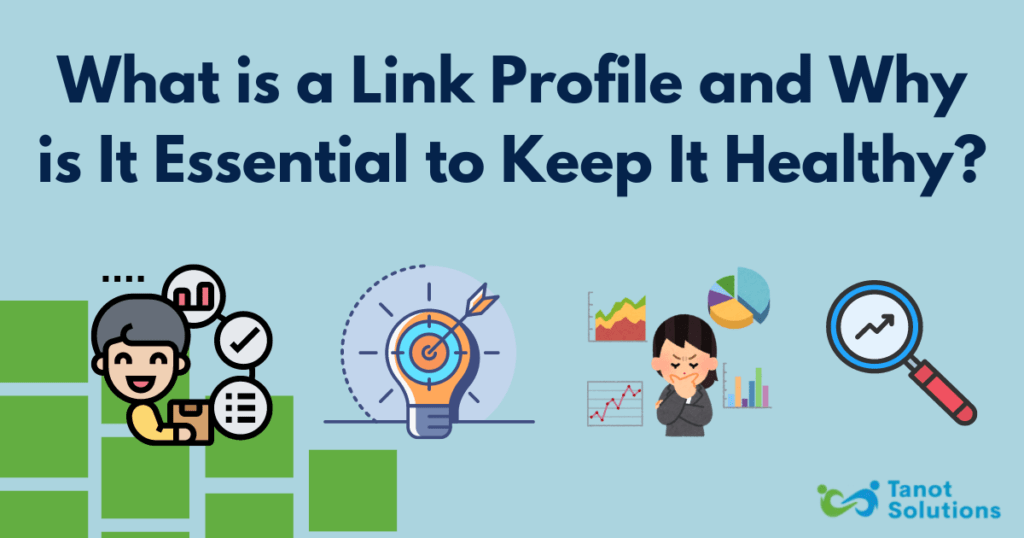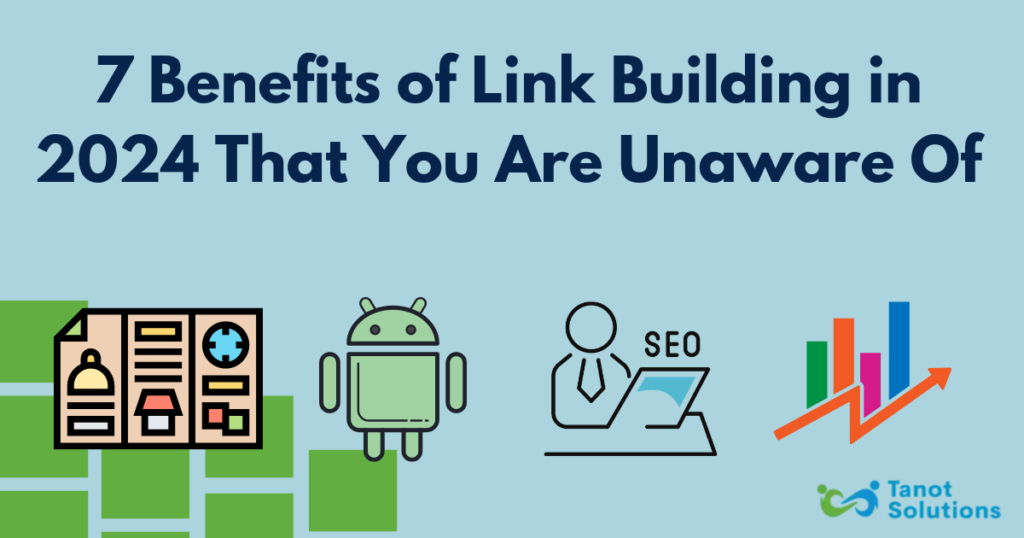Is SEO dead? Many website owners and marketers are saying YES, and here’s why.
Google’s AI-powered SGE results in search engine results pages and the recent Search API data leak have revealed how outdated traditional SEO practices have become. Outdated SEO tactics like keyword stuffing and link spamming are not just ineffective —they harm your SEO performance.
But does this mean SEO is dead? Not quite. It’s evolving just like Google’s search algorithms.
Welcome to SEO 2025. The game has changed, and to conquer organic search results, you need to adapt your SEO strategies. You need to create high-quality content, focus on user intent, build high-quality backlinks, and leverage the latest technologies and AI platforms to up your SEO scores.
In this article, we’ll explore why old SEO is dying and how you can stay ahead with the strategies of the future. Get ready to transform your approach and dominate the search results in 2025 and beyond.
Why Do People Think SEO is Dead?
In 2023, Google started using generative AI to provide answers to user queries in an experiment called Search Generative Experience (SGE). When a user searches for something on Google, they can now get a complete answer to their queries provided by AI.
This means many people get their answers directly from the search engine results page without visiting any websites ranking on the SERPs. That’s where the speculation about SEO being dead started.
Here’s an example of an AI-generated answer to a Google search query:
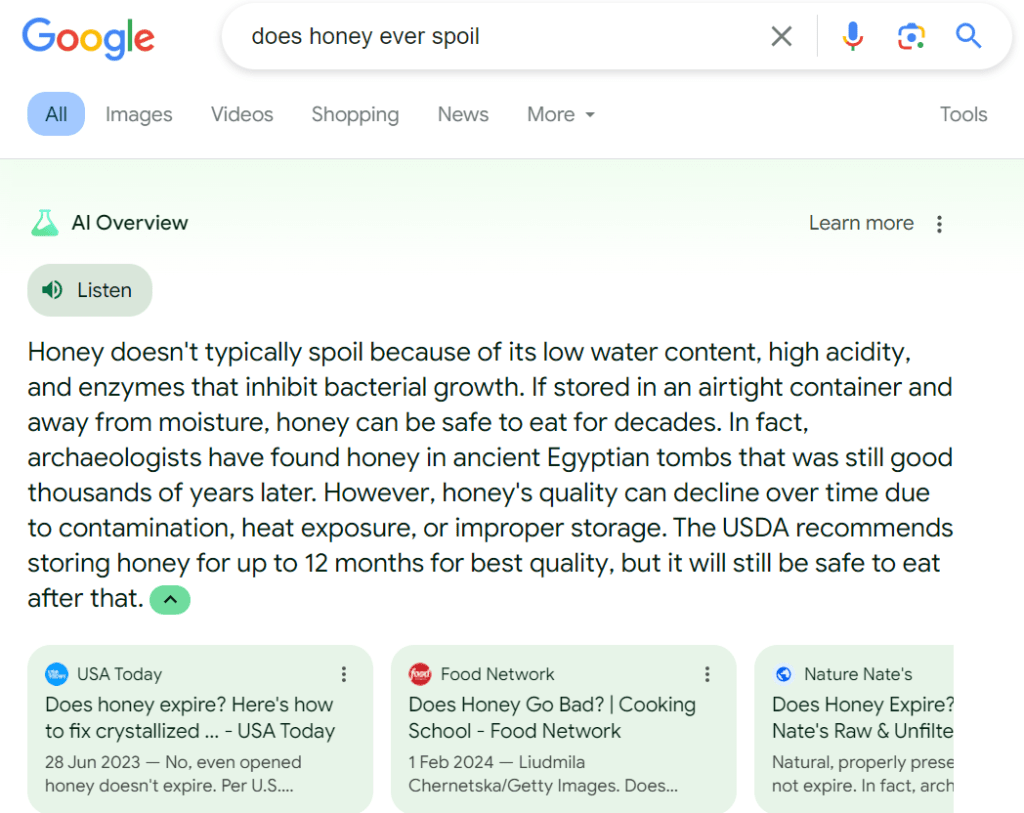
Another reason why people are worried about SEO’s relevance is the recent data leak where 2,500 of Google’s confidential documents were leaked. It revealed over 14,000 ranking factors that Google considers but has repeatedly denied using, such as click data.

Now SEO experts can use these insights to manipulate search rankings, making it increasingly difficult to rank your pages at the top of Google’s search results and featured snippets in the near future.
However, SEO is certainly not dead. You just need to let go of the practices that no longer affect organic search rankings. Let’s discuss what these are.
SEO Tactics That Are Indeed Dead in 2024
While SEO remains relevant, at least for the foreseeable future, there are some tactics you should stop using today. Let’s discuss these briefly.
1. Keyword stuffing
This outdated SEO practice involves over-optimization or excessively adding keywords to any blog post or web content. It was all the rage when SEO was nascent as it gave an instant boost in rankings.
Here’s an example:
Search algorithms have considerably evolved since then, and this is considered a spammy practice, so it does more harm than good to your rankings and search traffic.
2. Focusing on search engine ranking algorithms, not users
Any SEO tactics that manipulate search rankings are discouraged in today’s SEO landscape, where user experience is the top priority.
Creating content that doesn’t help the readers but is only optimized for search engines, for instance, is a big NO. The same goes for publishing frequent, low-quality content that does not help the readers.
Such content will not help you rank or drive organic traffic. Only unique content that provides accurate information to searchers can help you rank.
3. Prioritizing quantity over quality of backlinks
Though backlinks are still an important ranking factor, the focus has shifted from quantity to the quality of links. Search engine algorithms have become adept at identifying and penalizing unethical link building practices such as link farming that only focus on quantity.
The only way to build useful links for SEO is to prioritize the quality and relevance of backlinks over quantity.
Check out these best SEO case studies that are nailing the results.
3 Pillars of SEO That Will Continue to Impact Google Search Results Rankings
Though the SEO landscape is dynamic and continuously evolving, its core elements remain constant. Here, we’ll discuss the search engine optimization practices that remain relevant to date:
1. Technical SEO
Optimizing technical elements like web page speed and website structure improves user experience.
Given the increasing focus on search engines to provide exceptional user experiences, technical SEO has become more important now than ever before. That’s why you should focus on it and make it a core of your SEO strategy.
Here are some key elements of technical SEO you should consider for your optimization efforts:
Certain plugins and tools can help you monitor your technical SEO performance and dig deeper into how to improve it. These include the Rank Math WordPress plugin and Semrush’s site audit tool.
2. High-quality content
Valuable content was, is, and will likely remain the most important part of SEO. No matter how you attract people to your website, helpful and relevant content is the only thing that will make them stay and engage with your website.
By sharing updates, relevant, and valuable content, you can build a loyal audience for your website, increasing dwell times and repeat visitors.
3. Backlinks
Building backlinks is the most important part of off-page SEO and remains an important SERP ranking factor. It offers multiple advantages.
When a trusted and authoritative website links to yours, they signal to search engines that they trust your website and find your content link-worthy. This helps build your site’s trust and authority, especially with search engines.
So, keep building relevant links through niche edits, guest posting, and industry partnerships. According to a recent survey, here are the top link building tactics that drive the best results:
3 Trends That Are Reshaping the SEO Landscape for 2025
It’s time to discuss the most important part — the SEO trends reshaping the SEO landscape and how to use them to your advantage.
1. The rise of video search results
Videos have become extremely popular in recent years as they are informative and engaging. That’s probably why 91% of businesses use videos for digital marketing.
This rise in the popularity of videos has also affected the SEO landscape as search engines prioritize video content and often show them at the top of their results pages for many search queries.
Googl’s Search even has a separate section for videos, ranking the top videos for a keyword, as shown below.
What does this mean for you? Two things: Start creating video content if you’re not already doing so and optimize it for relevant keywords and search terms to stay on top of your video SEO game.
Here are some tips to optimize your videos for Google and other search engines:
- Add your target keyword in video titles, subtitles, and descriptions.
- Enrich your video descriptions with contextual or related keywords.
- Use hashtags on platforms that support them to reach a wider audience.
- Create optimized metadata for your videos in the same way you do for other quality content.
You don’t necessarily have to post videos on your website to benefit from video SEO. You can just upload them to popular video platforms like YouTube.
2. Inclusion of first-hand experiences in content
As you probably know, generative AI tools are taking over the average content creation market. Many marketers use AI to churn out more content, much faster than they could manually. This means the internet is flooded with AI-written content.
While AI can help you post more content, most AI content’s quality is not as good as human-written content.
One sure way to make your content stand out is by sharing first-hand experiences. Writing in the first person and talking from your personal experiences can help differentiate your content from impersonal AI-generated content.
Google’s latest E-E-A-T guidelines also emphasize the importance of sharing first-hand experiences.
So, create content that shows your expertise and indicates you’re experienced to give advice and tips about the topic. If you’re reviewing a product, mention how you used it. If you’re offering tips to others users, show how following those tips helped you succeed.
Personal first-hand experiences and insights help build credibility and trust. This will also help search engines distinguish your content from the generic AI content.
3. Answer engine optimization
One of the most significant changes in the SEO landscape is the way people search for queries. They don’t necessarily need to type search queries on Google when chatbots and voice assistants are there to help.
People can simply ask questions and the smart bots or devices will provide the answers.
You can optimize your content for generative AI bots like ChatGPT and AI voice search assistants like Siri and Alexa through answer engine optimization (AEO).
For this, you need to shift your SEO strategy to target question keywords as people use these devices to ask fully-formed questions.
Marketers have already been valuing long-tail keywords in the last few years, but now question keywords will be the top priority. So, ensure you incorporate these in your content to keep your SEO strategy relevant to current statistics and trends.
Final Verdict: Is SEO Dead? Should You Still Optimize for Better Visibility on Search Engines?
The buzz around SEO being dead has been going on for a while. Hopefully, this guide has put your confusion to rest and clarified that SEO is here to stay.
If anything, SEO is evolving and you must adapt your strategies to keep ranking high in the SERPs for relevant queries. Use this guide on SEO 2025 success as your pivot. We’ve covered what to stop doing, what to continue, and what new tactics to leverage.
If you want experts to manage campaigns like relevant and contextual link building, book a call with our experts today. We help you build links optimized for conversions, not just rankings and traffic.
Let’s take your SEO game to the next level!

